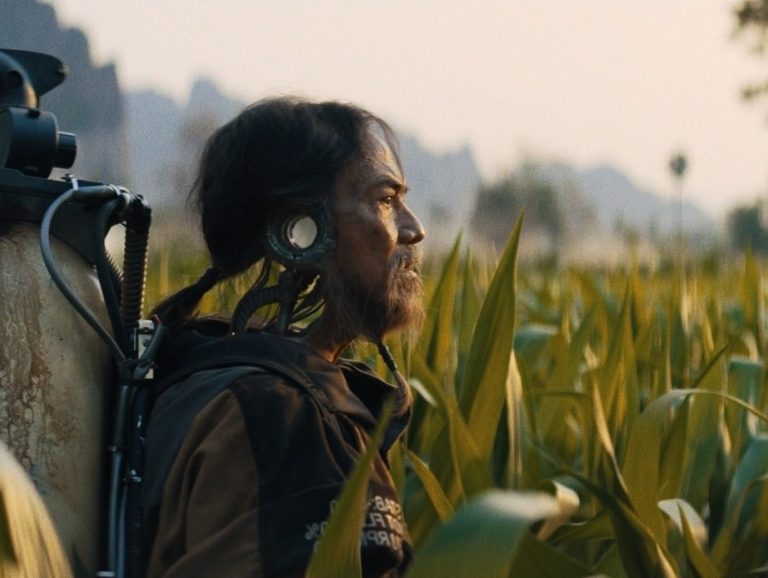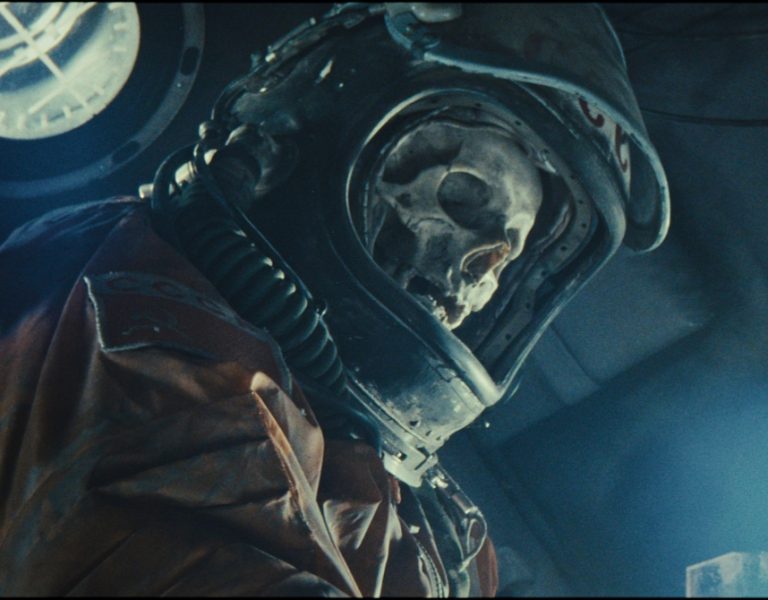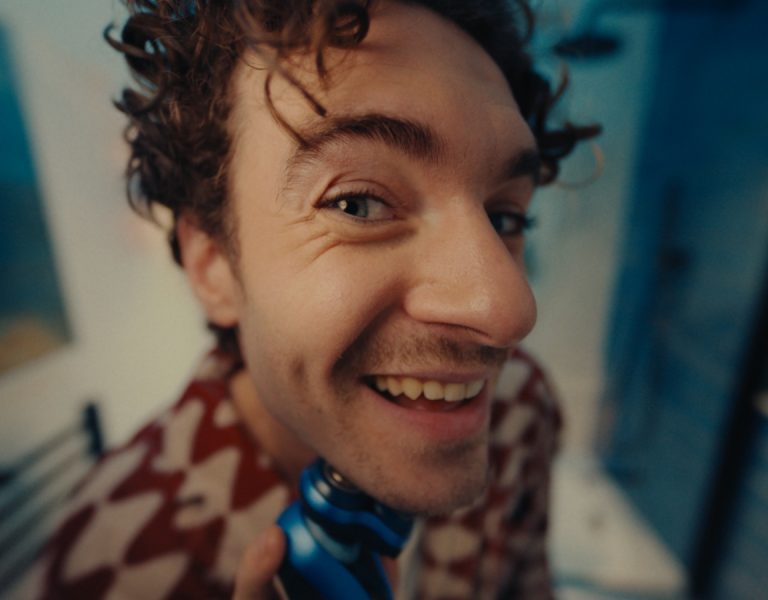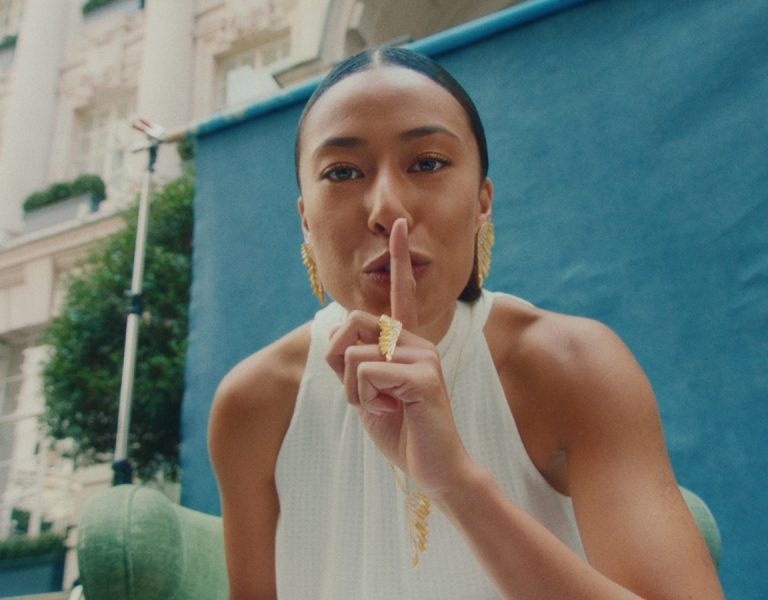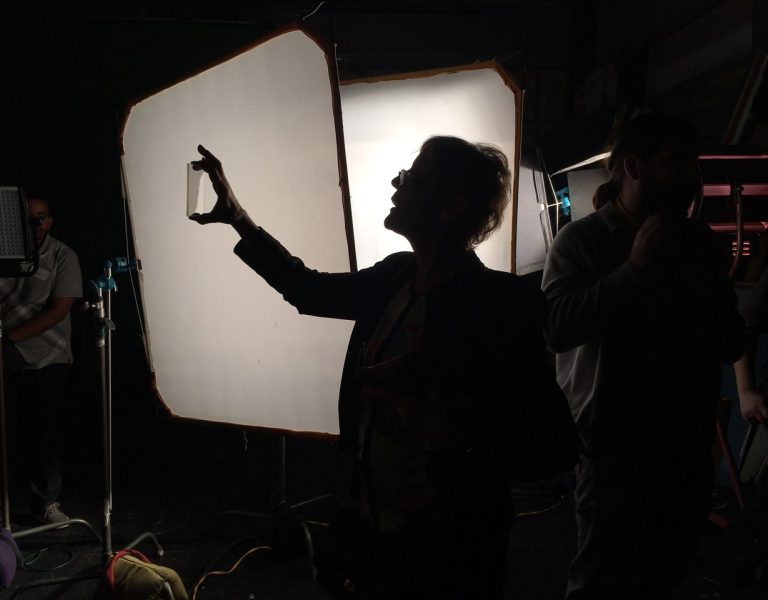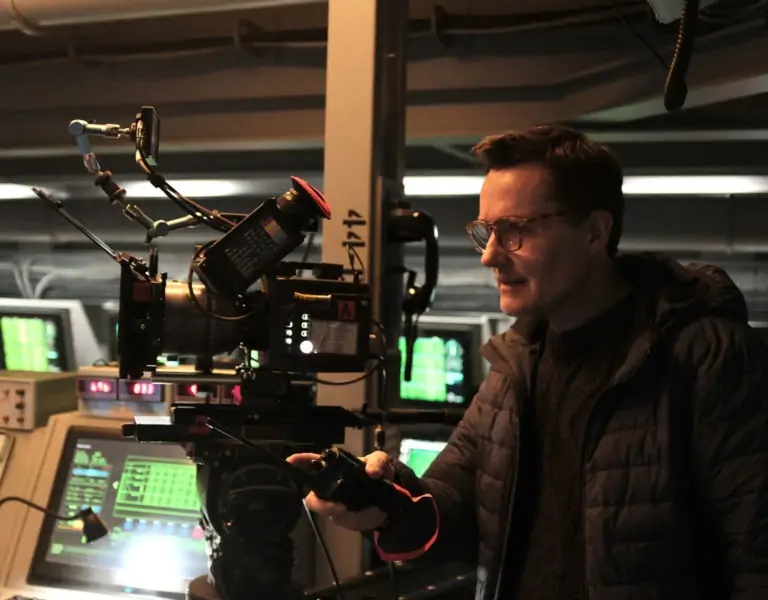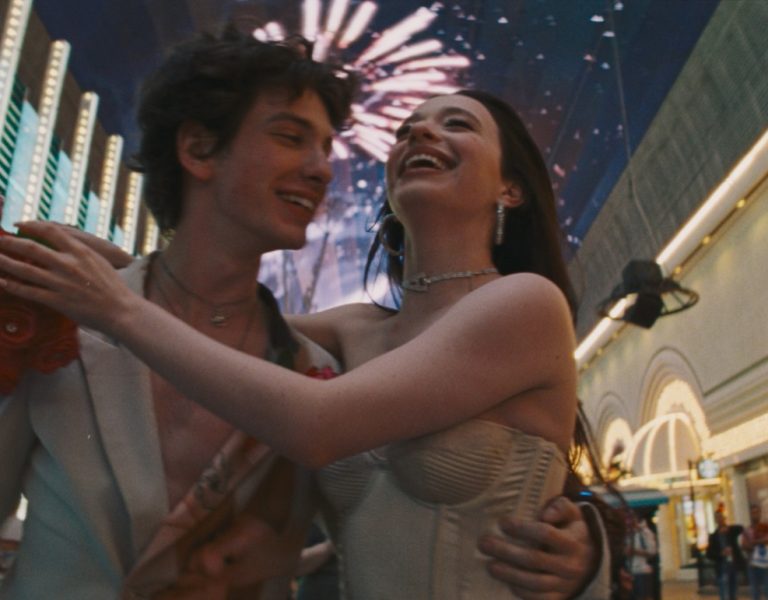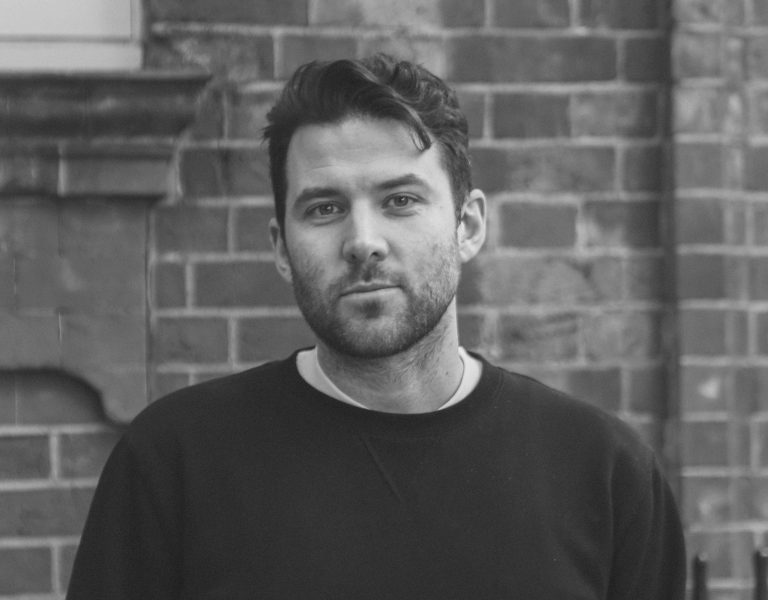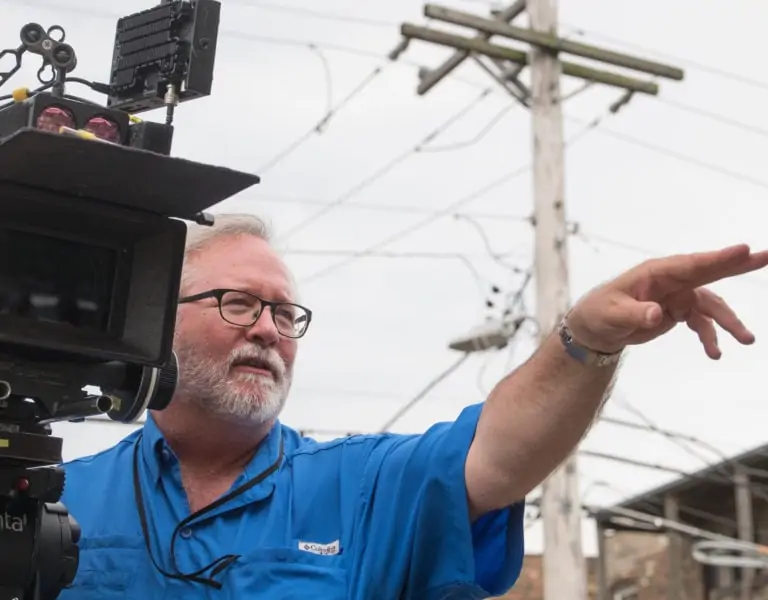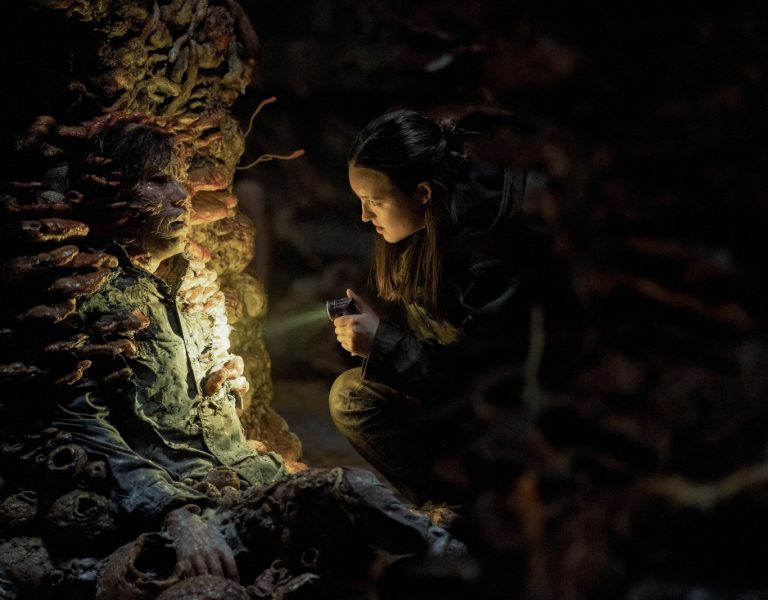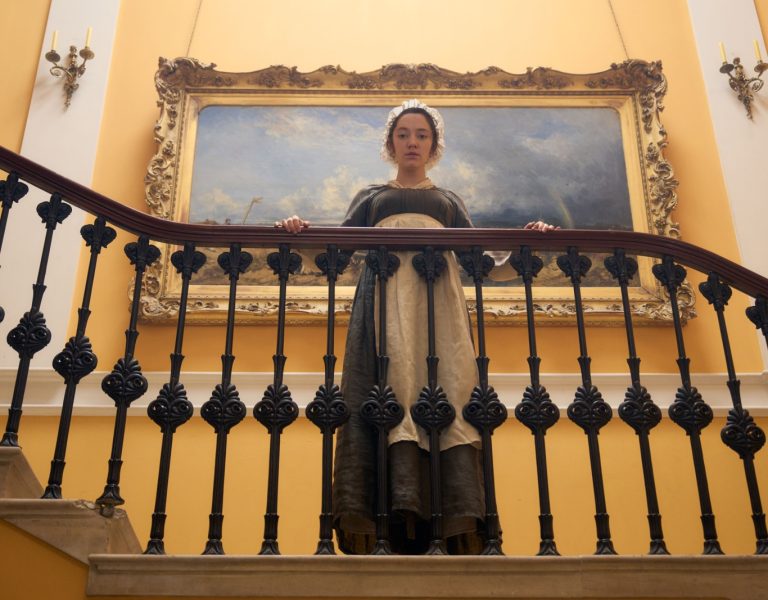Home » Features » Interviews » New Wave »
ARTISTIC ADVENTURE
Filmography so far (project title, director, year released)
Boiling Point (Philip Barantini, 2021)
The Responder (Philip Barantini, 2022)
Malpractice (Philip Barantini, 2023)
Boiling Point (TV series) (Philip Barantini, Mounia Akl 2023)
A Thousand Blows (series two, episodes one-three) (Katrin Gebbe)
Adolescence (Philip Barantini, 2025)
When did you discover you wanted to be a cinematographer and what inspired you to follow this career path?
Growing up, I used to film mountain biking videos with my mates in the woods and loved it, beyond just watching each other crash over and over again. I loved playing with movement, edits and rhythm. Once I went to college, my fascination with cameras made choosing film and media production a natural progression. This was where I started to learn storytelling with my images. I learnt what tiny things like headroom, near side framing, lens choice, shot size and movement all did for the creation of meaning and how edit choices, grading and sound design brought a world to life. It was all so exciting. This was just the start of the learning that I continue to do today and from that point forward, I didn’t want anything else to be my job. I was sold.
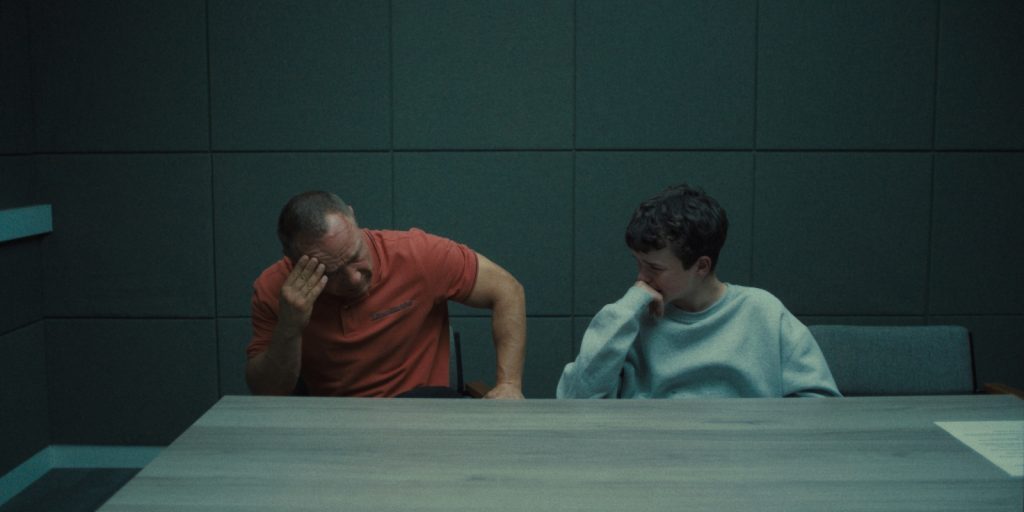
Where did you learn your craft?
I went on to study film and TV production at Portsmouth University and then began working on music videos and commercials as a trainee, then loader, then focus puller. I learnt a lot at university (about film and of course life), I met my people and met fellow creatives. That became a safe space to try things, and indeed, to get things wrong. Those first few years of camera assisting taught me so much about the on set collaboration between crew and creatives. I worked very closely with some brilliant DPs, survived some wild shoots and thrived on some great adventures. All of these experiences on set informed me what kind of DP I wanted to be.
What are your favourite films, and what makes them stand out to you?
Because my route into this job has been perhaps unusual in that my first love was more with the images themselves than with inspiring film or television, I have always felt I am playing catch up a little with my “favourite films” list. That said, there are of course a lot of films I love. Some that come to mind are Moonlight, Uncut Gems, Fargo, After Sun, Three Billboards Outside Ebbing, Missouri, 12 Years a Slave, The Truman Show. All are very different but they each feel to me like extremely well rounded and executed visions and I admire that a lot.
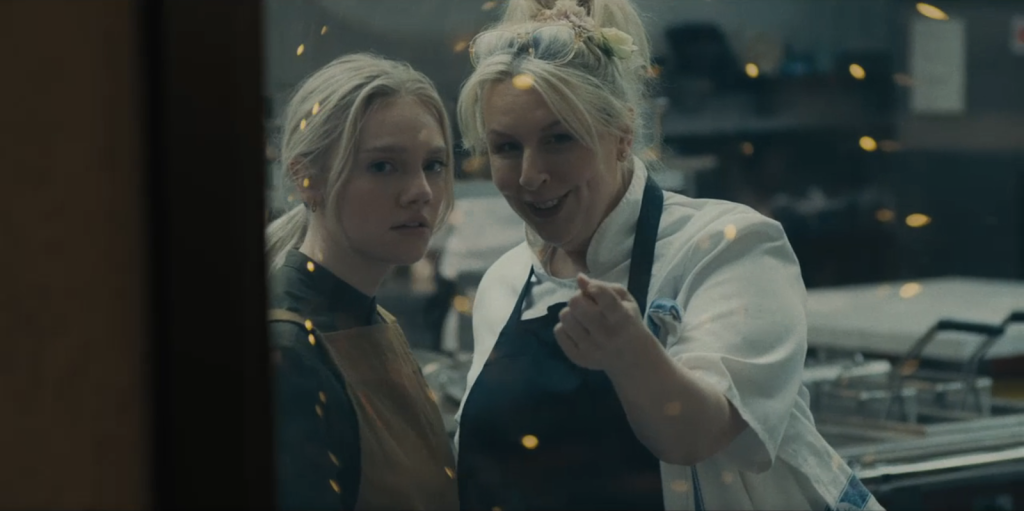
Who in the film world inspires you?
In terms of big dog cinematographers, I would definitely say Bradford Young ASC, Sean Bobbitt BSC and of course, Roger Deakins CBE ASC BSC. Their work is versatile but with a personal flare and they consistently produce powerful, emotive work.
I am also inspired by fellow filmmakers I work with, talk to and that I see producing incredible images daily. There is so much talent all over the film world; that’s what inspires me more than anything.
What’s the most useful advice you’ve received and from whom?
There is one phrase that has stuck with me and I wish I could remember who said it to me but it is that this industry is “mates hiring mates”. Although potentially nepotistic on the surface, I heard it at a time when I was trying to get consistent work as a camera assistant (and largely failing) and I was able to use it to remind myself that it doesn’t matter how knowledgeable you are if you are impossible to work with. People want to work with people they get along with and this industry is one of the very few where employment is controlled often by your immediate colleagues. Be nice to people and be memorable and it’ll pay off.
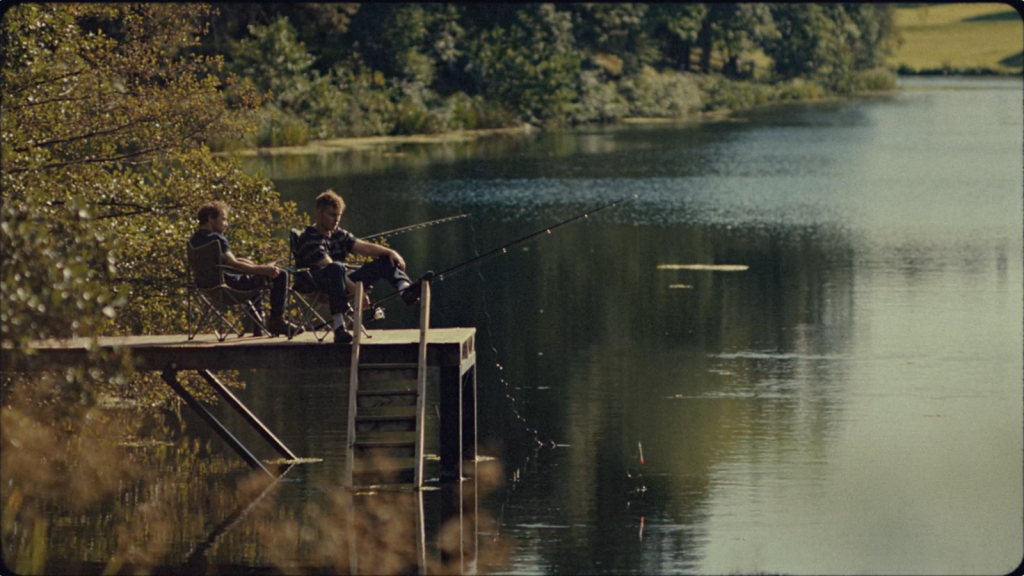
What advice would you give someone considering becoming a cinematographer?
You don’t know everything, I definitely don’t and possibly never will. So surround yourself with people who can specialise more than you ever could, see them as your toolkit and lean on them. You can’t bang in a nail without a hammer. You can try but it’ll hurt.
What has been your greatest triumph on set?
Oof, that’s a tricky one. I remember the feeling of completing Boiling Point under the pressure of London going into lockdown was such an incredible rush as well as a relief. I’d never felt such a weight lifted off my shoulders, emotionally and I guess physically! It’s no secret that tears were shed.
What lights your fire outside of work?
I love the freedom and clarity that mountain biking gives me. It’s time in nature, it’s adrenaline, its adventure and it’s meditation all in one. I love very intensely working on a project and then slightly disappearing for a few months to be with the trees, swimming in lakes and giving my Neanderthal brain some time to recover.
I use that time to be inspired, to see art and photography, catch up on missed films and television as well as cook tasty food and see my wonderful friends and family.

What has been the biggest challenge in your career and how did you overcome it?
The first that comes to mind is self-confidence. Being a younger DP, you can sometimes feel hesitation or surprise from people you meet, which I totally understand. To start with, that was terrifying, but now I see it as a challenge to win people over and it spurs me on. Growing a beard definitely helped with that as well.
The other challenge was probably surviving the dry spells, especially at the start. I actively looked at joining the army during Covid and after I shot Boiling Point I picked up work as a stand builder at expos as well as being a public liaison officer at Brighton Hospital before that. I was lucky my parents let me stay at home when I had no money and I’ve been deep into my overdraft to afford food on numerous occasions. This isn’t to say “woe is me”, I’m just hoping people can see that it doesn’t start as glitz and glamour for everyone and you never know which connection or project could be the one to change everything.
What piece of kit could you not live without?
I would say my iPad, which is strange considering how often I misplace it on set. Specifically the app Shot Designer, I love a good floorplan.
Which film would you love to have shot?
Honestly, anything Star Wars. I just think the story universe is one of the best, endlessly fascinating, a mirror on humanity as well as having literal laser swords and magic powers.
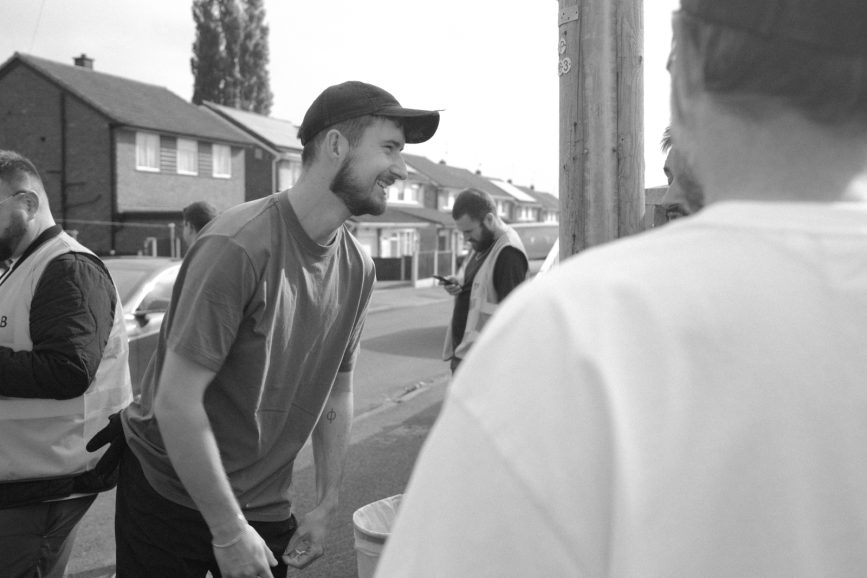
Which productions are you most proud to have lensed, and why?
I’m proud of them all ultimately and that’s largely because of the brilliant people I have been lucky to work with. If I had to choose I would say Adolescence. Generally I fixate on the flaws in my work until a few years have gone by, (I’m easily my own worst critic), however this project has received such an unbelievable reaction and made such a deep connection with so many people that I feel the kind words have beaten said critic into submission. There are still things I would do differently but on the most part, I am really proud of it.
What’s the worst thing about your job?
The worst things are the late nights and early mornings, having to put my personal life on pause and the way it can ruin watching “something easy”. I have to put on something challenging or perfectly executed otherwise I spend my watching time picking it apart. A real curse.
How would you best describe your approach to cinematography?
Story driven, deliberate and empathetic. I like my work to feel entirely driven by the characters and in turn the performance. I see the camera as a reflection of what it’s in front of.
I also think an important part of my job as a cinematographer is to help set the tone for the shoot. I want people to want to be there and to be invested. We have such a cool job and I firmly believe that the best work comes from happy workers.

What are your aspirations for the future?
I aspire to live in a village of neighbours who speak to each other, drive a 1982 Jeep Cherokee (with wood panelling on the side) down to the lake like the dad in a Hallmark movie, and maybe shoot a Bond movie.
What do you think are the industry’s biggest challenges?
Beyond surviving the last few years of industry shrink, I would say that support at a grassroots level needs to continue to be improved. I was lucky that I came across cinematography at college and my situation meant I could take the risk to pursue it. For a lot of people, even at a young age, financial security is the deciding factor for career choice and that limitation doesn’t feel entirely fair. Undoubtedly a lot of issues like this are perpetuated by the wealth gap in our country, but there are definitely a few things we can make sure we do to help.
Offering consistent trainee schemes is our equivalent of apprenticeships and it gives people an opportunity to prove themselves. I think we also have to make sure young people know that the film industry exists as a real job and the possibility of working in it can also be real if you work hard. It would be great if everyone had a more equal chance to enter the industry and be employed based on merit, not financial backing.

